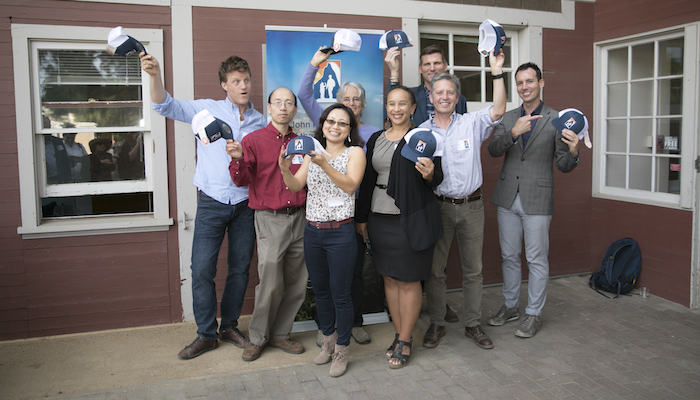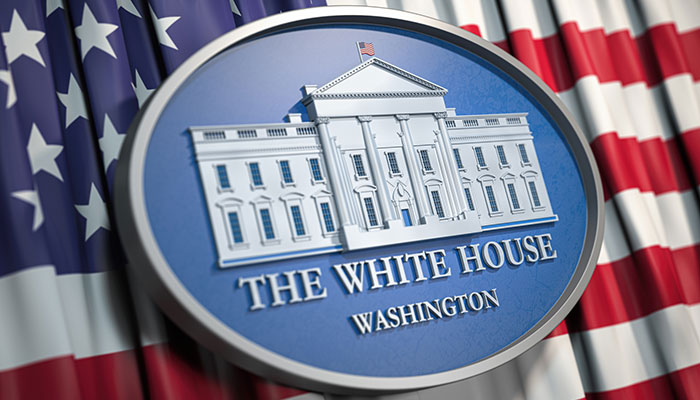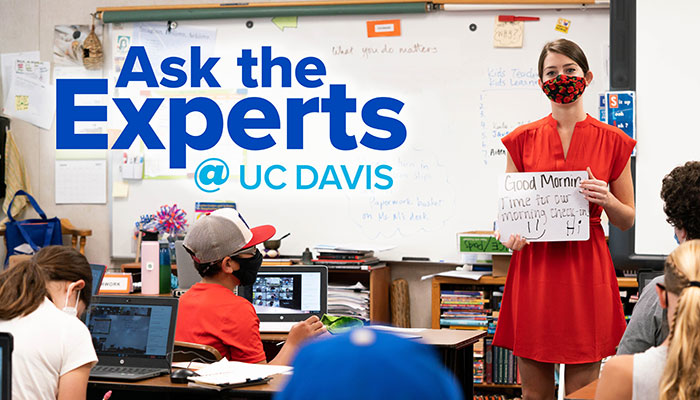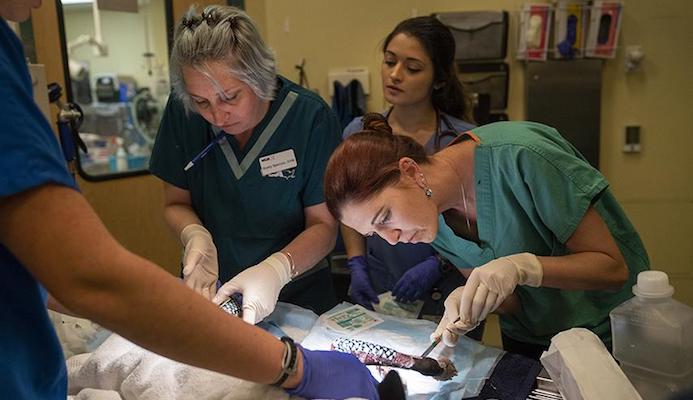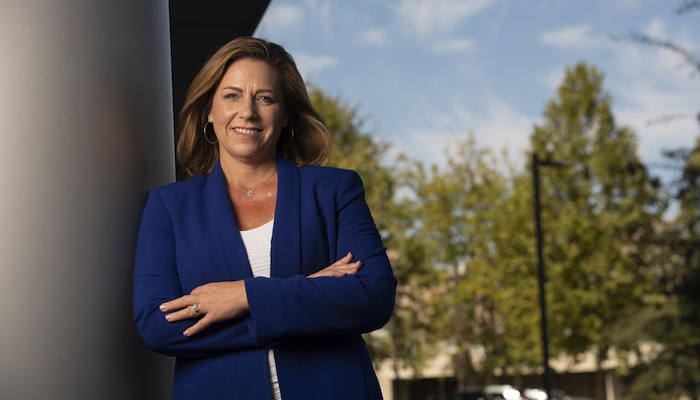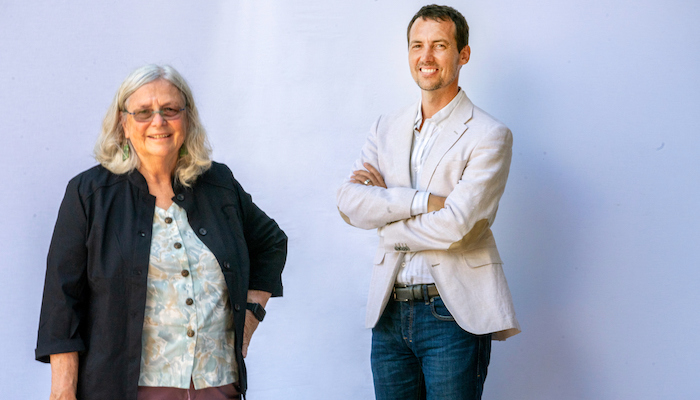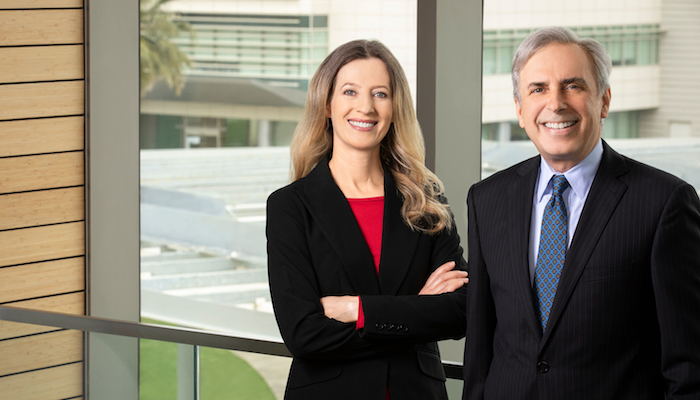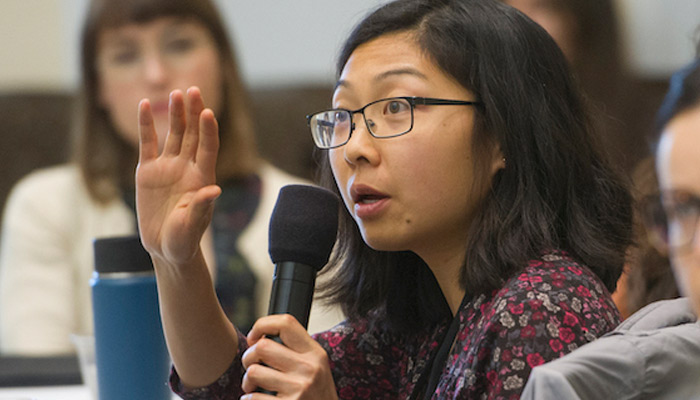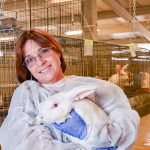Muir Institute Recognizes Faculty and Staff Solving Real-world Environmental Problems
By Lisa Howard
The John Muir Institute of the Environment at University of California, Davis, announced the selection of the 2018 Muir Institute Fellows during its annual open house on October 22 at The Barn. Now in its second year, the program recognizes exemplary UC Davis faculty and staff whose career and research epitomizes the mission of the Muir Institute: Discover. Research. Solve.
“The Muir Institute is committed to understanding and solving global environmental problems and recognizes that solutions to these problems must come from researchers from a variety of disciplines and backgrounds,” said Prasant Mohapatra, vice chancellor for research at UC Davis. “This fellowship program highlights the range of excellent work being done by UC Davis faculty and staff to create a sustainable and healthy planet.”
The 2018 Muir Institute Fellows are focused on solving a broad range of critical environmental issues, such as the impact of environmental toxins on inflammatory diseases, systemic barriers to clean water, the impact of climate change on the diversity of grasslands, the influence of trace gas emissions on the Earth’s climate, and the legal and environmental implications of climate engineering and other emerging technologies.
Muir Institute Fellows are also developing environmental solutions, such as conservation tools using Native environmental policy and Native activism, tools for detecting and predicting wildfires for improved forest management, and science-based solutions to help farmers, ranchers and foresters respond to climate change. Each recipient receives $5,000 to help seed their research.
“We are blessed with an unrivaled community of world-leading experts at UC Davis,” said Ben Houlton, the institute’s director and a professor in the Department of Land, Air and Water Resources. “The opportunity to catalyze UC Davis’s research scholarship — combining all colleges and professional schools — is what enables the Muir Institute and its Fellows to create cutting-edge solutions to the environmental sustainability challenges of the 21st century.”
[soliloquy id=”34042″]
2018 Muir Institute Fellows
Ian Faloona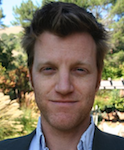 is an associate professor in the Department of Land, Air and Water Resources.His research interests include airborne measurements of trace gas emissions including greenhouse gases, atmospheric mixing, pollutant dispersion, and other aspects of the meteorology and photochemistry of air pollution.
is an associate professor in the Department of Land, Air and Water Resources.His research interests include airborne measurements of trace gas emissions including greenhouse gases, atmospheric mixing, pollutant dispersion, and other aspects of the meteorology and photochemistry of air pollution.
Susan Harrison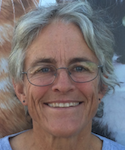 is a professor in the Department of Environmental Science and Policy. Her research seeks to understand the large- and small-scale forces controlling the diversity of plant communities. Her recent work looks at the effects of natural climatic variability and anthropogenic climate change.
is a professor in the Department of Environmental Science and Policy. Her research seeks to understand the large- and small-scale forces controlling the diversity of plant communities. Her recent work looks at the effects of natural climatic variability and anthropogenic climate change.
Yufang Jin is an associate professor in the Department of Land, Air, and Water Resources. Her research focuses on ecological and hydrological dynamics at a landscape scale. Jin has developed remote sensing tools for detecting wildfires and tree mortality as well as quantifying ecosystem productivity and water use.
is an associate professor in the Department of Land, Air, and Water Resources. Her research focuses on ecological and hydrological dynamics at a landscape scale. Jin has developed remote sensing tools for detecting wildfires and tree mortality as well as quantifying ecosystem productivity and water use.
Albert Lin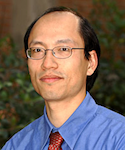 is a professor in the School of Law, specializing in environmental and natural resources law. His research interests include toxic torts, public nuisance, and the governance of climate engineering and other emerging technologies. A recent environmental topic he has focused on is solar geoengineering — techniques that have been proposed as potential means to block a portion of the sun’s radiation in order to mitigate global warming.
is a professor in the School of Law, specializing in environmental and natural resources law. His research interests include toxic torts, public nuisance, and the governance of climate engineering and other emerging technologies. A recent environmental topic he has focused on is solar geoengineering — techniques that have been proposed as potential means to block a portion of the sun’s radiation in order to mitigate global warming.
Beth Rose Middleton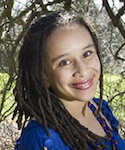 is an associate professor in the Department of Native American Studies.Her research centers on Native environmental policy and Native activism for site protection using conservation tools. Her broader research includes intergenerational trauma and healing, rural environmental justice, and Indigenous analyses of climate change.
is an associate professor in the Department of Native American Studies.Her research centers on Native environmental policy and Native activism for site protection using conservation tools. Her broader research includes intergenerational trauma and healing, rural environmental justice, and Indigenous analyses of climate change.
Steven Ostoja 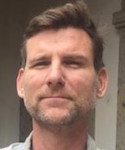 is the director of the USDA California Climate Hub at the Agricultural Research Service and the John Muir Institute of the Environment. The California Hub works alongside researchers and managers to develop and deliver science-based, region-specific information and products that support climate-informed decision making and adaptive capacity.
is the director of the USDA California Climate Hub at the Agricultural Research Service and the John Muir Institute of the Environment. The California Hub works alongside researchers and managers to develop and deliver science-based, region-specific information and products that support climate-informed decision making and adaptive capacity.
Camille Pannu 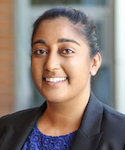 is the director of the Water Justice Clinic, a project of the Aoki Center for Critical Race and Nation Studies in the UC Davis School of Law. The clinic partners with low-income California communities to remove barriers to accessing clean, safe and affordable water.
is the director of the Water Justice Clinic, a project of the Aoki Center for Critical Race and Nation Studies in the UC Davis School of Law. The clinic partners with low-income California communities to remove barriers to accessing clean, safe and affordable water.
Chris Vogel 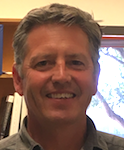 is a research professor in the Department of Environmental Toxicology and the Center for Health and the Environment. His research focuses on the function of receptors for xenobiotics and inflammatory signaling to understand molecular mechanisms of the development of chronic inflammatory diseases promoted by environmental toxicants.
is a research professor in the Department of Environmental Toxicology and the Center for Health and the Environment. His research focuses on the function of receptors for xenobiotics and inflammatory signaling to understand molecular mechanisms of the development of chronic inflammatory diseases promoted by environmental toxicants.
About the John Muir Institute of the Environment
Established in 1997, the Muir Institute supports innovation and discovery aimed at solving real-world environmental problems. The institute’s faculty span all of UC Davis’ colleges and professional schools, with a commitment to strengthening the scientific foundation for environmental decision making through collective entrepreneurship — a team-oriented approach that recognizes the complexities of environmental problems and the societal context in which they occur.
Media contacts
- Lisa Howard, UC Davis Office of Research, 530-752-8117, [email protected]
- Ben Houlton, John Muir Institute of the Environment, 530-752-2210, [email protected]
Media Resources

